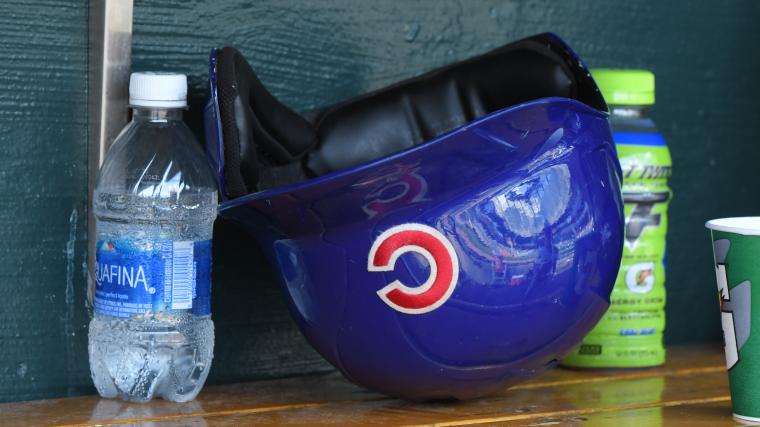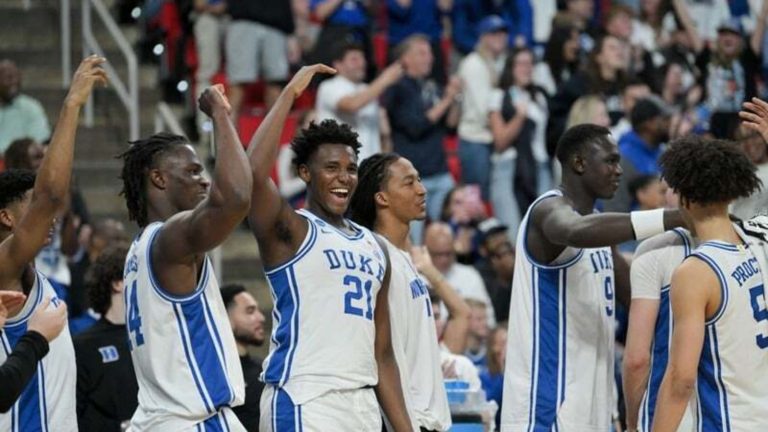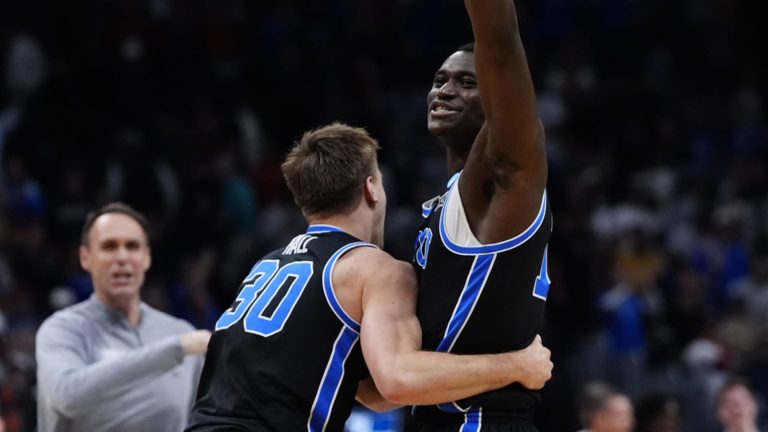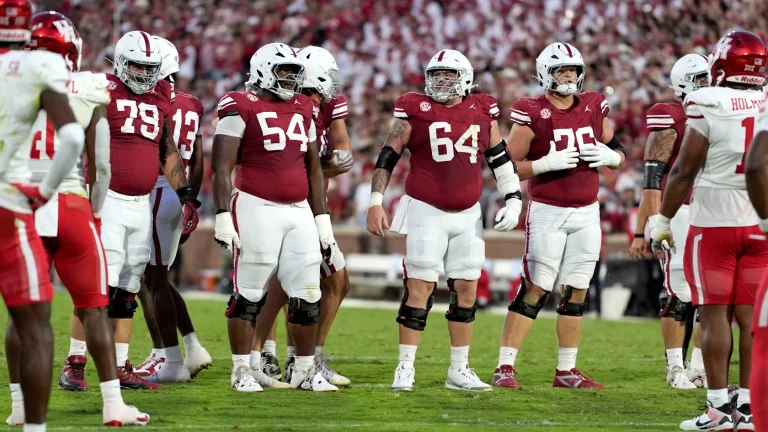Duke’s Win Over Florida State Was More Significant Than It Might Look At First Glance
is that this team is deeply connected.
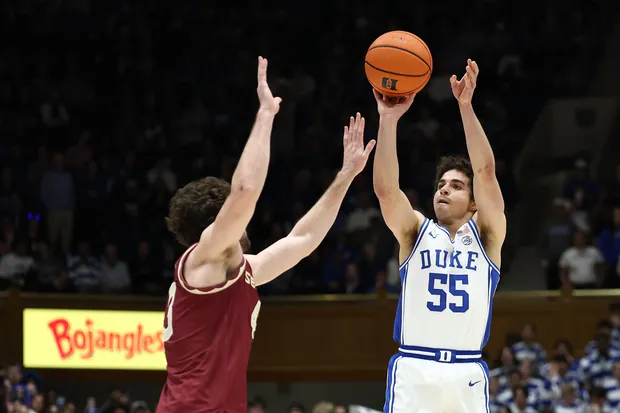
As great as it is to see that, there are still no guarantees. Duke had Proctor (though not Brown) at Wake Forest on January 25th and the game was close at 63-56.
If Duke wins Monday night’s rematch against Wake Forest, the Blue Devils will move to 18-1 in the ACC. Well guess what: Louisville and Clemson are close behind at 16-2. And the Tigers wrap up the regular season with games against Boston College and Virginia Tech while Louisville finishes up with Cal and Stanford at home.
There’s no reason to think any of those games should be losses.
And Duke?
After Wake Forest the Devils finish up in Chapel Hill, where the Tar Heels have improved a great deal since the first meeting.
In other words, Monday is a dangerous game because Duke may be tired and certainly won’t have its full team available with a 48-hour turnaround and UNC is always a dangerous game.
Lose one and odds are Clemson will claim the regular season title and the first-place tiebreaker. Lose two and the #1 seed is at risk.
